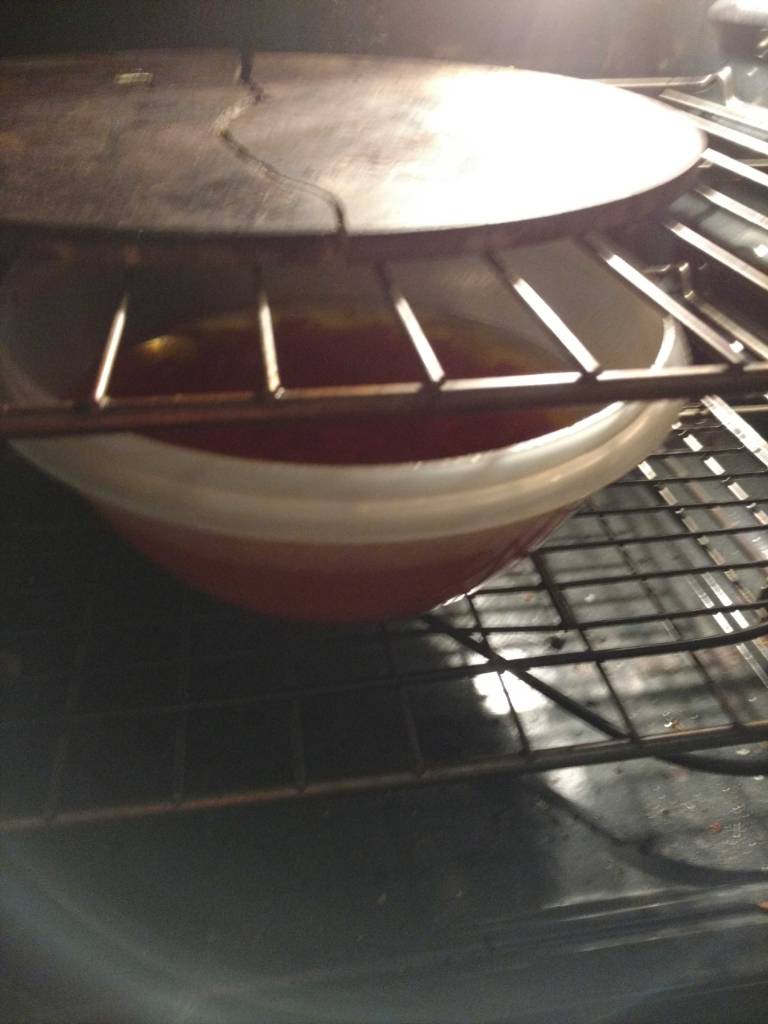When I was younger my Italian grandfather always had a jar of hot peppers in oil. I loved the flavor, but have not found the same stuff he used to buy. It's been maybe 30 years since I've even seen it.
I'd like to try to make my own but everything I read suggests that this is not safe.(botulism) But this was a purchased good so I'm inclined to believe it can be done safely.
What is the trick to preserving peppers in oil? Is it about pickling them first then transferring it to oil?
Sent from my iPhone using Tapatalk
I'd like to try to make my own but everything I read suggests that this is not safe.(botulism) But this was a purchased good so I'm inclined to believe it can be done safely.
What is the trick to preserving peppers in oil? Is it about pickling them first then transferring it to oil?
Sent from my iPhone using Tapatalk


